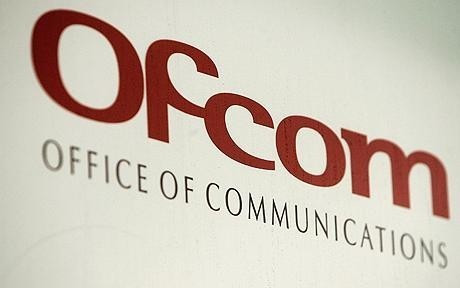Ofcom Allows Vodafone, O2 Open Up Airwaves for 4G
Vodafone, O2 and Three may soon be able to use their existing mobile networks to provide 4G coverage, as the regulator Ofcom proposes changes to the way spectrum licenses are used.

EE is currently the only network offering 4G, and it is doing so by recommissioning some of its old 1800MHz spectrum, something Vodafone and H3G (owner of Three) have requested permission to do.
The two networks want to provide 4G coverage over parts of the radio spectrum that are reserved for earlier generations of mobile technology.
Ofcom proposes in its consultation document to "liberalise" all parts of the radio spectrum used for 2G and 3G services, allowing them to be used by networks for 4G, which delivers much faster mobile internet speeds.
The network regulator said: "This will meet a long standing objective to liberalise all mobile licenses so that there are no regulatory barriers to the deployment of the latest available mobile technology."
This means that networks like Vodafone, O2 and Three will be able to reuse old 900MHz, 1800MHz and 2100MHz spectrums for providing 4G; previously, only EE was allowed to recycle old spectrum for 4G use, something that gave it a six-month head start and angered the competition.
IBTimes UK contacted Vodafone for a comment on the Ofcom proposal, but the network said it "can't comment whatsoever on this consultation" due to restrictions placed on networks participating in Ofcom's ongoing 4G auction.
On 23 January bidding began for parts of the 800MHz and 2.6GHz spectrum, which have been designated for 4G use by Ofcom.
Seven companies are taking part in the auction, including Vodafone, O2, Three and EE, and bidding will continue over several rounds in a process that is expected to take a number of weeks.
Once complete, we expect to see 4G networks to rival EE's become available in the second half of the year.
It is unlikely that today's proposal by Ofcom will be completed before the end of the 4G auction, so this doesn't mean we will see 4G from other networks more quickly, but it will mean greater 4G coverage in the future, and gives networks the freedom to use spectrum however they like, whether it be for 2G, 3G or 4G.
© Copyright IBTimes 2025. All rights reserved.






















